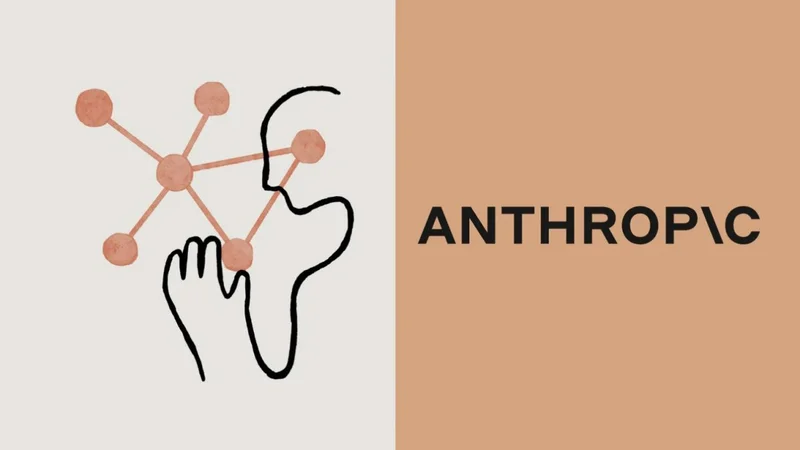Anthropic AI: What's the Deal with Claude and Cutting SOC Time?
So, another day, another supposed revolution in cybersecurity. This time it's Anthropic's Claude supposedly slashing SOC investigation times by a factor of 43. Forty-three! Give me a break. We're talking about going from five hours to seven minutes. Sounds like magic, right? Or maybe, just maybe, it's the security industry's favorite pastime: overselling vaporware to desperate suckers.
The Hype Train's Leaving the Station
eSentire is the one making these claims, saying their Atlas XDR Platform, armed with Anthropic AI, is the real deal. They're bragging about 95% accuracy matching senior SOC analysts. Okay, but let's be real: How do you even measure that? What constitutes "matching" an analyst's decision? Is it just a gut feeling? And who exactly is doing the measuring? I smell a self-serving study cooked up by the very people selling the product.
Dustin Hillard, chief product and technology officer at eSentire, says they're not trying to "remove work but deliver better outcomes." Oh, please. That's corporate-speak for "we're automating your job but trying to make you feel good about it." It's the same song and dance we've heard for decades. The promise of AI is always just around the corner, only to be perpetually delayed by reality.
And this whole "platform integration" thing... it's just marketing fluff. They're trying to sell you on the idea that bolting AI onto existing XDR systems is somehow groundbreaking. Newsflash: everyone's doing it. The real question is: is it actually working?
The Devil's in the Details (Which They Conveniently Skip)
The article mentions the typical enterprise SOC handles 10,000 alerts daily, and analysts only investigate 22-25% of them. False positives can hit 80%. So, the problem isn't a lack of speed, it's a tsunami of garbage data. Will Anthropic AI fix that? Maybe. But color me skeptical. AI is only as good as the data you feed it, and if your data is 80% crap, you're still gonna get mostly crap out.
They say Claude is orchestrating multi-tool workflows, correlating threat patterns across thousands of data points. Sounds impressive, but what does that actually mean? Are we talking about some proprietary algorithm black box that nobody understands? I bet it is. And who gets to audit the thing? Nobody, that's who.

Hillard also mentions they're using Amazon Bedrock and LangGraph. Okay, great. More buzzwords. But what about the cost? The complexity of managing all these different services? The potential for vendor lock-in? These are the questions they conveniently ignore.
And what about the analysts themselves? More than 70% are burned out, apparently. Will AI fix burnout? No. It'll just replace them with more stressed-out people who have to babysit the AI and deal with its inevitable mistakes.
Then again, maybe I'm the crazy one here. Maybe this time is different. Maybe Anthropic AI really is the answer to all our security woes. Maybe pigs will fly, and hell will freeze over.
Network Effects... Or Just Networked Hype?
eSentire claims that an attack against one customer strengthens defenses for all customers, thanks to Claude. It's the old "network effect" argument. But let's be real offcourse, this also means that a vulnerability in their system can potentially expose all their customers. Is that a risk worth taking?
Hillard says their threat hunting stays ahead of commercial feeds 35% of the time. Okay, but what about the other 65%? And 12% of the time they identify threats never seen in commercial feeds. So, what? Does that make them superheroes? It just means they're seeing different kinds of threats, not necessarily better ones.
So, What's the Real Story?
Look, I'm not saying Anthropic AI is useless. Maybe it can help speed things up a bit. But let's not pretend it's some kind of magic bullet. The security industry has a long history of overpromising and underdelivering. Until I see some real, independent verification of these claims, I'm calling bullshit. I'm tired of the endless hype cycles. Just give me a break.
Tags: anthropic
Zcash's "Historic Surge": Really? What's the Catch?
Next PostEconomic Shifts: What's Happening and What We Can Expect
Related Articles
